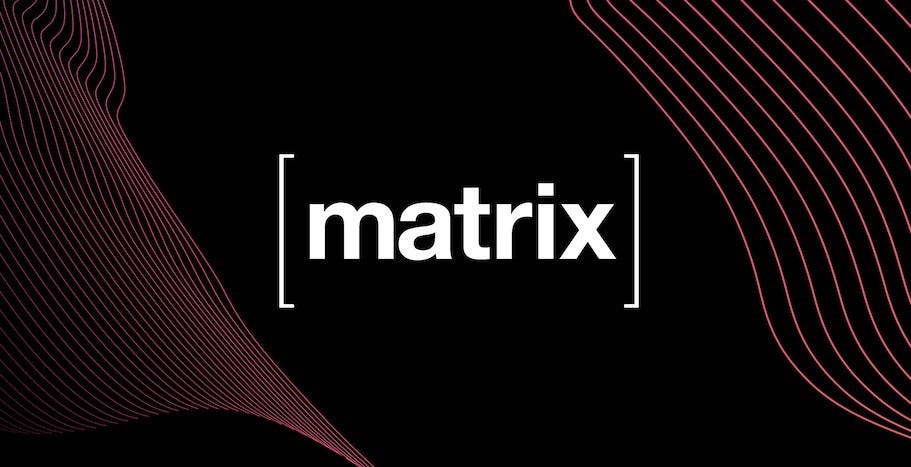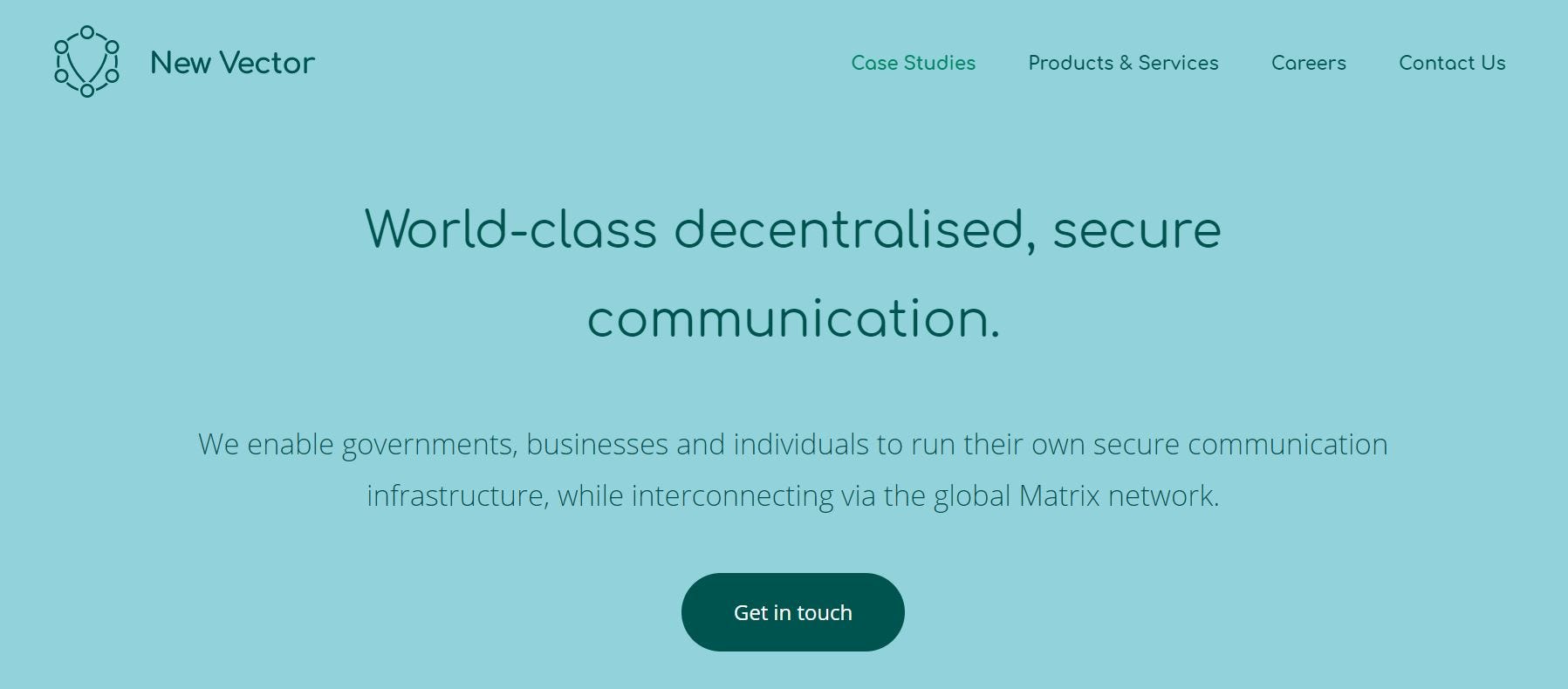
When we think of Instant Messaging our minds are immediately drawn to Whatsapp, WeChat, Telegram, Slack, Discord and Skype. However, the history of real-time chat goes right back to the beginning of computers. The 1960s saw MIT’s Compatible Time-Sharing System; the 1980s saw the rise in popularity of IRC; the 1990s saw products released by AOL, Microsoft, Yahoo; and the early 2000s witnessed the launch of Apple iChat, Skype, Google Talk and Facebook Messenger. Over the last decade, we have seen dedicated instant messaging applications begin to dominate specific verticals: Slack and Teams for “Work”, Whatsapp, Telegram, Messenger and WeChat for “Social”, Discord for “Gaming” and Symphony for “Financial Services”.
However, it seems wrong that in 2019 we cannot communicate in real-time with friends or colleagues from one single interface and that our most sensitive messages are stored in the servers of private companies (the majority of which are in Silicon Valley).
The reason why is simple — each interface wants to become the system of engagement for communication as the data is valuable for commercial gain. We do not believe this is a fundamental law of nature and in fact history tells us that instant messaging should and will break through the silo’s that exist today. In fact, when you look at the History of Email the same evolution happened. Furthermore, as privacy becomes increasingly important over the next decade, real end-to-end encryption will be critical if applications want to retain their users. Just last week, Whatsapp have been forced by governments to introduce back-doors into user chat history.
This is exactly why we backed the New Vector team — they are building an open source, end-to-end encrypted, federated and interoperable messaging protocol — the HTTP of instant messaging. As the architects of Matrix, they are striving for a world where Instant Messaging is completely open and private. The protocol has all the features of the existing instant messaging products in the market (and more!) supporting text, voice, video, and even AR & VR.

As a consumer you might ask whether this really matters. Whatsapp works pretty well — it is a great product and the majority of people I know use it so its possible you never actually have to use another chat application. The same argument can be applied to Slack or Teams for the workplace. However, here is the kicker — governments and large enterprises cannot use these products even if they wanted to. Could you imagine the French Government hosting internal and external communication on Slack’s servers in the cloud? The answer is no.
This is where New Vector comes in. They can provide a messaging service with the same functionality as other products in the market but with the added benefit of providing their customers with the ability to host their chat application on their own dedicated server (and therefore owning their own data) either in the cloud or on-premise. They also give you the ability to communicate with other third party chat applications (e.g. Whatsapp, Slack, Telegram) directly from the Riot interface. Riot has now been deployed across 16 French Ministries, the NHS and Mozilla. The list of enterprises and governments lining up to deploy Riot is growing by the day.

At the heart of the project are Matthew (Co-Founder & CEO) and Amandine (Co-Founder & COO) who are fierce guardians of the open source Matrix protocol having co-founded the project whilst working at Amdocs (the $9bn market cap Israeli software company). It was here the two met after their previous startups got acquired in 2010. The fact that the duo were able to convince a large institution (which relies on proprietary software) to initially fund a project like this speaks to their ambition and vision. Running through brick walls is not new to the team.
We are excited to back the New Vector team along with our friends at Notion and Dawn. The US has seen its fair share of successful messaging platforms over the last decade — it’s now time for a European-led team to be a major force in the space since Skype. Stay tuned as many more exciting updates on the company to come.